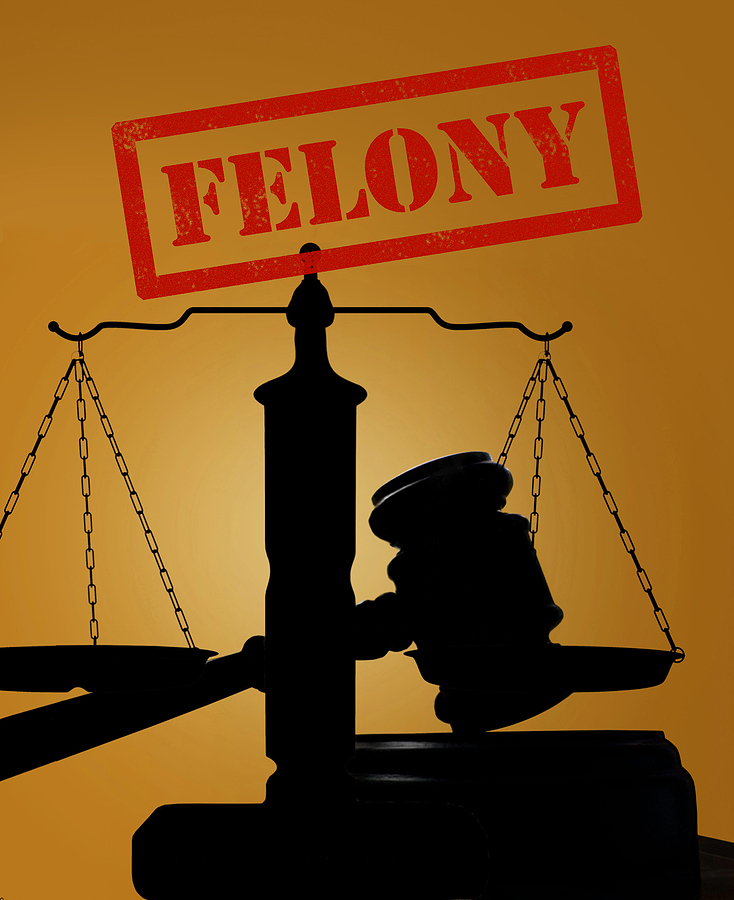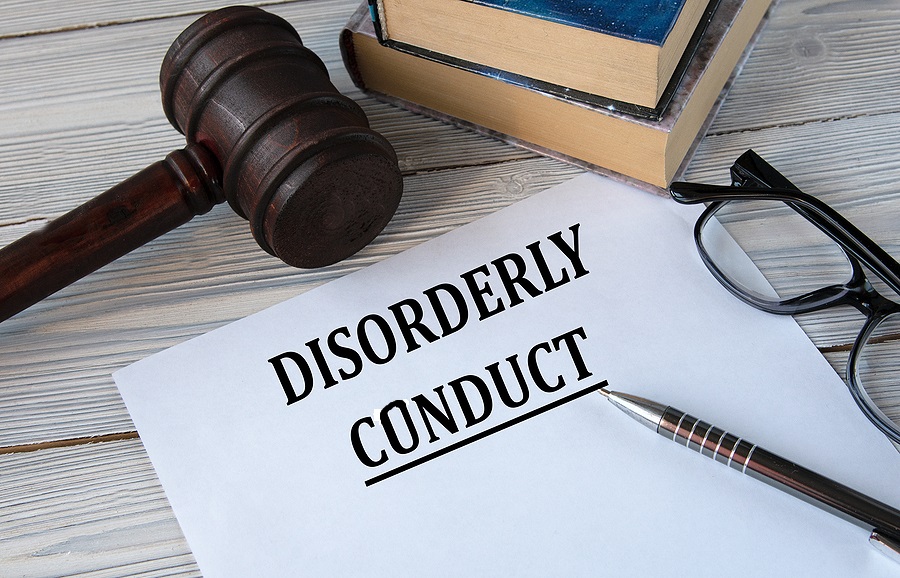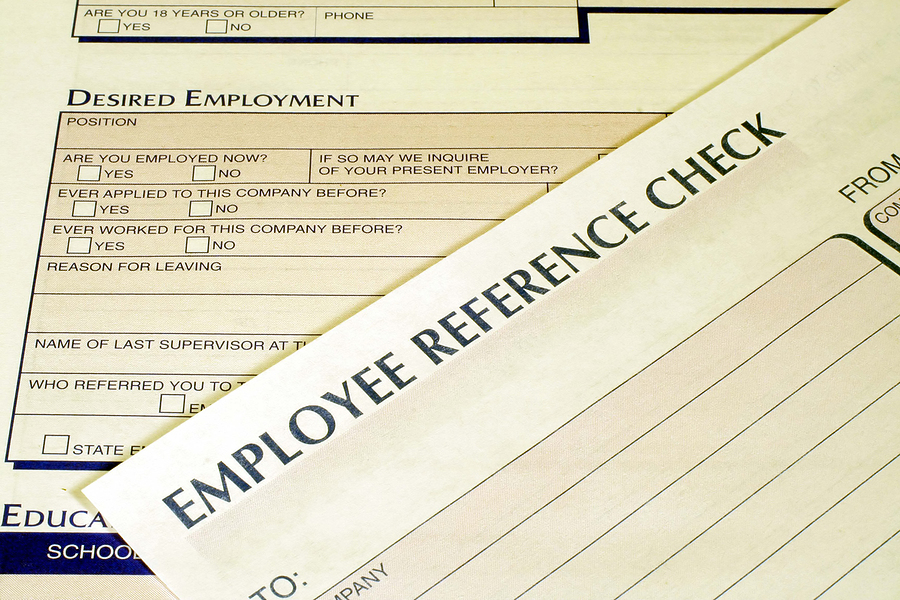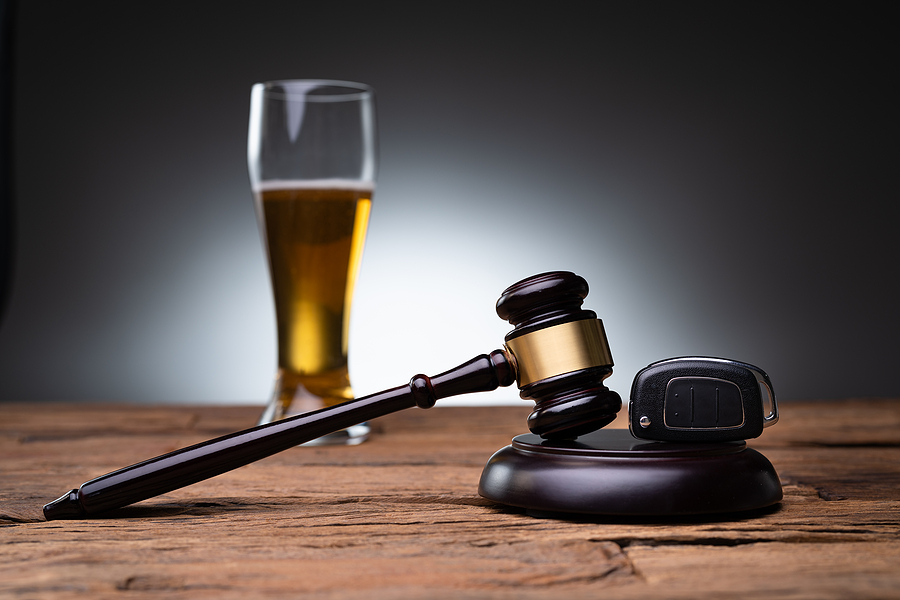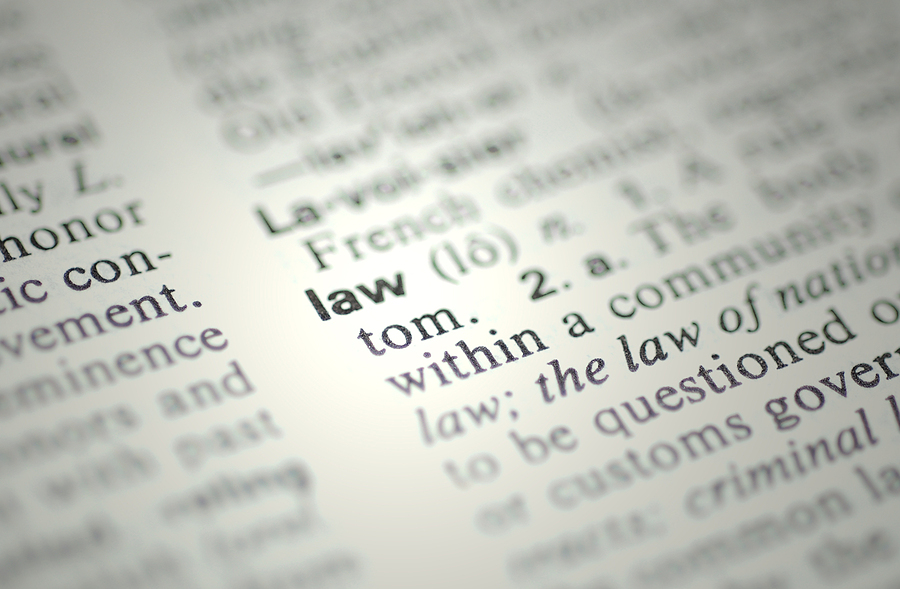Facing embezzlement charges can be an overwhelming experience, often fraught with uncertainty and fear. This white-collar crime, typically characterized by the misappropriation of funds entrusted to someone in a position of authority, carries severe consequences and can leave a lasting impact.
Throughout this blog post, we will explore a multitude of real-world embezzlement examples, such as employee theft, to give you a clearer understanding of the complexity of these cases. We’ll also discuss the crucial role an embezzlement attorney plays in navigating these legal hurdles and provide you with insight into the process surrounding embezzlement charges. Our aim is to shed light on this often misunderstood area of law, providing clarity and guidance to those who find themselves facing such charges.
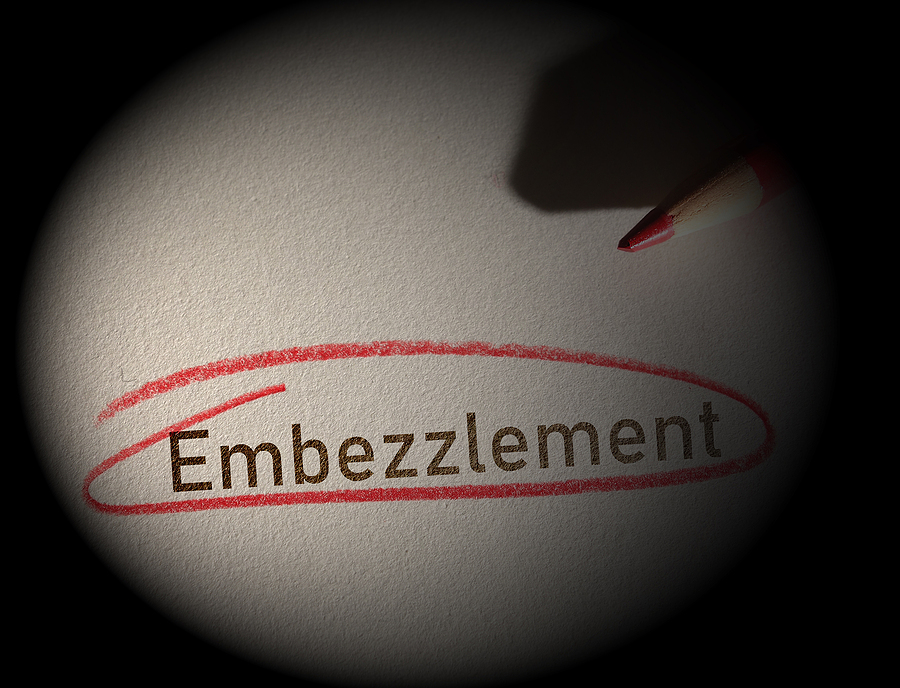
Embezzlement Examples
Embezzlement is a crime that can occur in a variety of settings, from large corporations to small businesses, and even in personal relationships. One common example of embezzlement is employee theft, which involves an employee abusing their position of trust within a company by siphoning off funds for their personal benefit. This could be through the manipulation of financial records or the direct theft of cash or assets. Other instances may involve a person in a position of authority, such as an accountant or bookkeeper, misappropriating funds from their clients. There have also been cases where family members have embezzled money from their elderly relatives’ accounts.
The Role of an Embezzlement Attorney
If you are facing embezzlement charges, it is crucial to seek the guidance of an experienced criminal defense embezzlement attorney. These legal professionals specialize in defending individuals accused of white-collar crimes and have a deep understanding of the complexities surrounding these cases. They will work diligently to investigate the evidence against you and build a strong defense on your behalf. With their knowledge and expertise, they can negotiate with prosecutors and potentially reduce the severity of the charges or have them dropped altogether.
What to Expect if Charged With Embezzlement or Employee Theft
Embezzlement cases can be lengthy, with multiple court appearances and a possible trial. As such, it’s essential to prepare yourself for what lies ahead. Your embezzlement attorney will advise you on how to present yourself in court and may even suggest seeking counseling or therapy to address any underlying issues that may have led to the alleged crime. It’s also important to understand that embezzlement charges can not only result in criminal penalties but also civil lawsuits from the affected parties seeking restitution. Your attorney will help you navigate these potential legal ramifications and work towards a favorable outcome for all parties involved.
Penalties for an Embezzlement Conviction in Indiana
In the state of Indiana, embezzlement charges are classified as either a misdemeanor or a felony, depending on the value of the property involved. If convicted of a misdemeanor, penalties can include up to one year in jail and fines of up to $5,000. Felony convictions carry much harsher consequences, including prison time and substantial fines. Additionally, those convicted of embezzlement may face loss of employment, damage to their reputation, and difficulty finding future employment opportunities.
Wrapping Up
In conclusion, facing embezzlement charges can be a daunting and complex experience. However, with the support of an experienced embezzlement attorney, you can navigate these challenges and work toward a resolution. It’s also crucial to understand the gravity of these charges and their potential consequences, both criminally and civilly. We hope this blog has provided you with valuable information on what to expect when facing embezzlement charges and the essential role an embezzlement attorney plays in these cases.
If you or someone you know is facing such charges, seek legal counsel immediately to protect your rights and best interests. Contact Attorney David E. Lewis at 317-636-7514 to speak with a seasoned embezzlement attorney in Indianapolis, Indiana. Our criminal lawyers will obtain the best possible outcome to your criminal case!
Related Posts:
Frequently Asked Questions About White Collar Crimes
Stealing in Indiana: A Deep Dive into the Legal Consequences
How to Improve Your Chances of Winning a Criminal Appeal


